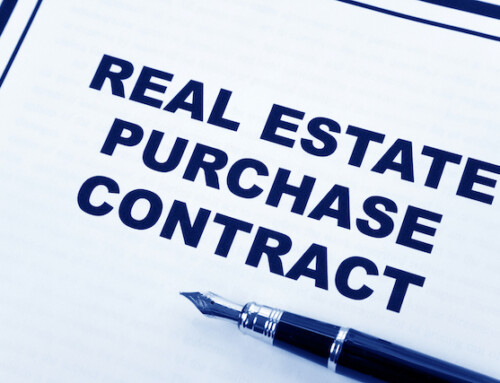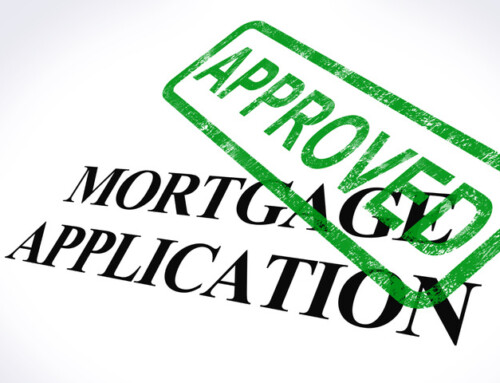
Millions of Americans have student loan debt – but is it possible to get a mortgage when you have this type of debt? This guide explains.
Does Student Loan Debt Affect Your Ability to Get a Mortgage?
There are a few ways that having student loan debt can affect your ability to get a mortgage, but it’s still completely possible to do so. Maryland’s SmartBuy Program may also be available to you. The primary ways this type of debt can pose a challenge involve your:
- Debt-to-income ratio
- Credit score
- Down payment
Here’s a closer look at each.
Student Loan Debt and Your Debt-to-Income Ratio
Lenders look at your debt-to-income ratio, or DTI, to determine whether you have enough money coming in to keep up with a mortgage payment and all your other obligations. Your debt-to-income ratio is calculated as a percentage and looks at how much you owe each month contrasted with how much you bring in.
Lenders generally like to see a DTI of 28 percent or less. That means 28 percent (or less) of your income should go toward your monthly debt obligations (such as student loan payments, credit card payments and housing expenses).
Pro Tip: It’s possible to get a home loan if your DTI is higher than 28 percent, though you may not qualify for the most competitive interest rates and best terms.
Related: What is an escalation clause in a real estate offer?
Your Credit Score and Student Loan Debt
Student loan debt affects your credit score. The more outstanding debt you have, the less likely creditors (such as mortgage lenders) are to want to give you credit. Additionally, late payments reported on your credit report will ding your score. The best thing to do is make sure you make all your student loan payments on time.
Pro Tip: If you have high-interest student loan debt and refinancing would lower your monthly payments and your interest rate, you may want to explore your options. You should talk to a financial professional before making any major decisions, though.
Related: Can you buy a FSBO while working with a real estate agent?
Coming Up With a Down Payment and Your Student Loan Debt
Spending your hard-earned money paying off student loan debt means there’s less cash available for savings – and that may make it tough to come up with a down payment. Generally, you should have at least 20 percent of a home’s purchase price to use as a down payment – but that’s not always the case. There are loan products that let you put as little as 3 percent down to buy a home; in fact, there are even a couple of zero-down loan programs, such as the VA loan.
Usually – except with a VA loan – you must pay for private mortgage insurance if you’re putting down less than 20 percent. That can raise your monthly payments by a couple hundred (or more) dollars, so it can affect how much you qualify to borrow; that’s because your debt-to-income ratio will be higher.
Ultimately, you need to know that it is possible – though maybe a bit more difficult – to get a mortgage loan when you have student loan debt.
Related: Should you get a fixed-rate mortgage or an ARM?
Are You Buying or Selling a Home in Baltimore County or Howard County?
If you’re ready to buy or sell a home in Baltimore County or Howard County, we can help. Check out these listings:
- Homes for sale in Baltimore County
- Homes for sale in Howard County
- Homes for sale in Ellicott City
- Homes for sale in Columbia
- Homes for sale in Catonsville
- Homes for sale in Owings Mills
- Homes for sale in Pikesville
If you’re thinking about selling your home, we can help you sell it quickly – and at the best possible price. You can:
- Find out how much your home is worth now
- Learn how we market your home to put it in front of all the right buyers
- Get a general overview of home-selling in Maryland
If you have specific questions, fill out the form below or call us at 443-955-1227 – we’re here to help you with any aspect of your real estate transaction.[wpforms id=”220617″]


































Follow Us